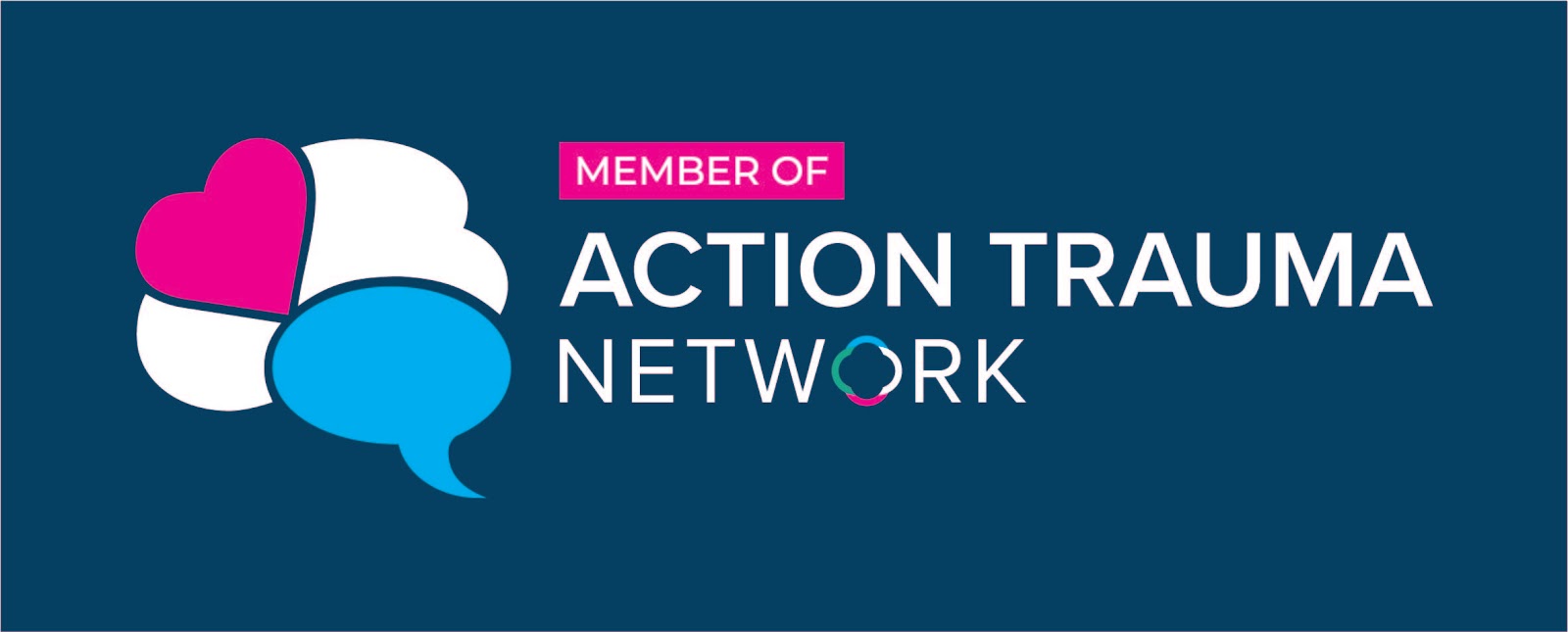Talking Therapy (Psychotherapy)
Talking therapy is the foundation of most integrative approaches. Through open conversation with a therapeutic professional, clients explore their emotions, thought patterns, behaviours and relationships. This promotes greater self-awareness and emotional resilience.
Somatic Therapy
Somatic therapy emphasises the connection between the mind and body. It helps clients become aware of physical sensations, posture and tension that may be linked to past trauma or chronic stress. Techniques may include:
- Breathwork
- Movement
- Grounding exercises
Somatic work is particularly effective for those who have experienced trauma, helping to process stored memories and restore a sense of safety in the body.
Sensorimotor Psychotherapy
A specialised form of somatic therapy, sensorimotor psychotherapy integrates:
- Body awareness
- Mindfulness
- Attachment theory
This approach targets how trauma is held in the body, within the nervous system and helps process experiences that may not be consciously accessible through words alone. It’s often used for developmental trauma, PTSD and complex trauma.
Psychodynamic Therapy
Psychodynamic therapy explores the unconscious processes that influence behaviour. It emphasises:
- Early life experiences
- Relationship patterns
- Inner conflicts
By bringing these dynamics to awareness, clients can make meaningful changes in how they relate to themselves and others.
Cognitive Behavioural Therapy (CBT)
CBT focuses on identifying and challenging unhelpful thoughts and behaviours. It’s an evidence-based method particularly effective for:
- Anxiety
- Depression
- OCD
- Phobias
In integrative therapy, CBT tools can be combined with deeper, body-based or relational work to support long-term change.
Trauma-Informed Care
Trauma-informed integrative therapy recognises the widespread impact of trauma and prioritises:
- Safety
- Empowerment
- Collaboration
- Trustworthiness
Whether addressing recent trauma or long-standing developmental wounds, therapy is paced and tailored to each client’s capacity to engage.
Neurological Development & Brain-Based Therapies
Integrative therapists often incorporate insights from neuroscience. This includes understanding how the brain:
- Develops over time
- Stores trauma
- Reacts under stress
Neuroplasticity is our brain’s ability to change, meaning that healing is always possible.
Through the use of tools such as mindfulness, grounding techniques or somatic experiencing, we explore the polyvagal theory to help regulate the nervous system and support developmental healing.





